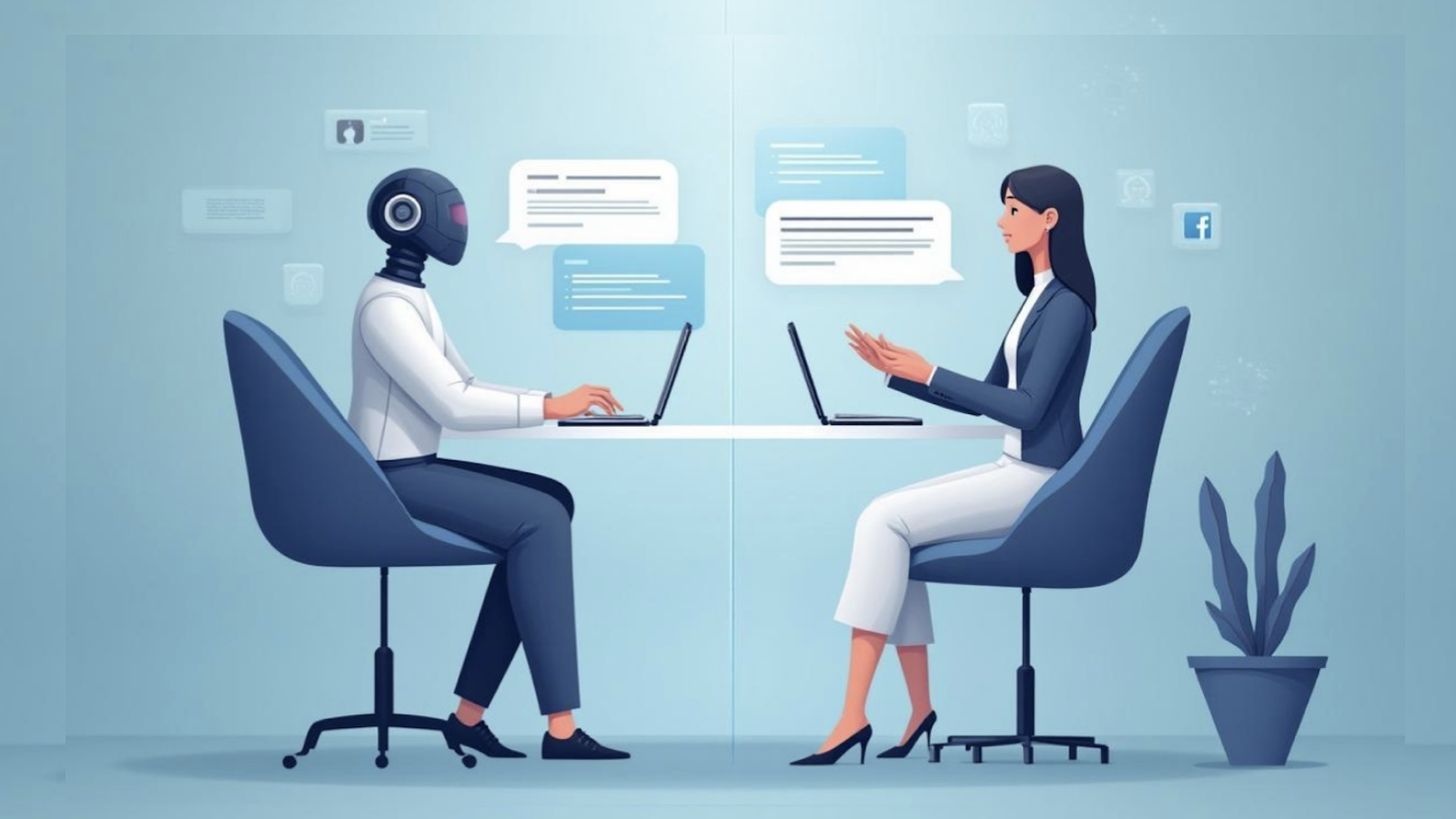Artificial Intelligence (AI) is revolutionizing every industry, and insurance will be affected as well. As already stated in previous posts, AI today is perceived in three different ways: It is something that might answer all your questions, with an increasing degree of accuracy (“the Oracle”); it could do anything it is commanded to do (“the Genie”), or it might act autonomously to pursue a certain long-term goal (“the Sovereign”). My personal definition is the following one:
An artificial intelligence is a system that can learn how to learn, or in other words a series of instructions (an algorithm) that allows computers to write their own algorithms without being explicitly programmed for.
An artificial engine can also be classified in three ways: a narrow AI, which is nothing more than a specific domain application or task that gets better by ingesting further data and “learns” how to reduce the output error. An example here is DeepBlue for the chess game, but more generally this group includes all the functional technologies that serve a specific purpose. These systems are usually quite controllable because they are limited to specific tasks.
See also: 2017 Priorities for Innovation, Automation
When a program is instead not programmed for completing a specific task, but it could eventually learn from an application and apply the same bucket of knowledge to different environments, we face an Artificial General Intelligence (AGI). This is not technology-as-a-service as in the narrow case, but rather technology-as-a-product. The best example for this subgroup is Google DeepMind, although it is not a real AGI in all respects.
The final stage is instead called Superintelligent AI (ASI): this intelligence exceeds largely the human one, and it is able of scientific and creative thinking; it is characterized by general common wisdom; it has social skills and maybe an emotional intelligence.
Regardless of the current stage of AI development, the insurance industry will be disrupted from several perspectives: first of all, every process that is done manually today will be automatized in a smart way (e.g., claims processing and management) to reduce costs and improve the UX. This would turn into a better fraud detection as well as more efficient loss prevention. The second block is obviously telematics and Internet of Things applications because innovative devices collect new data that can widen the horizon of insurable risks as well as refine the customized pricing. More generally, underwritings and more granular pricing will be better defined using machine learning techniques that spot out unknown meaningful correlations. Finally, customer acquisition and experience in a sector which is historically reserved for human agents will become completely digital: chatbots, more effective customer classification and targeting, and personalized contents and policies are the main immediate benefits from investments in AI technologies.
See also: Why 2017 Is the Year of the Bot
Historically, insurance is sold, not bought. But AI is coming, and it will undermine this principle. Is the insurance industry ready for such a change?
This article was originally published on Medium.com.






